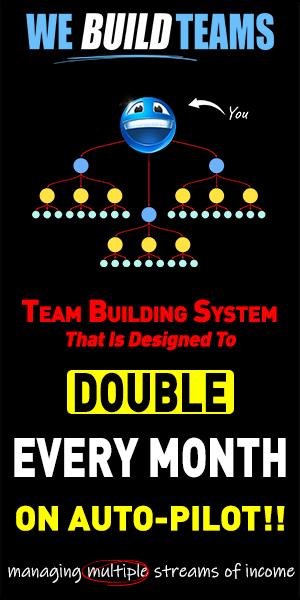Handling objections and rejections is an important part of network marketing, as not everyone will be interested in your product or opportunity. However, with the right approach, you can turn these objections and rejections into opportunities for growth and success.
Here are some steps for handling objections and rejections in network marketing:
- Listen actively: The first step in handling objections is to listen actively to what the other person is saying. This means paying close attention to their words and their tone, and avoiding interruptions or distractions.
- Acknowledge their concerns: Once you understand the objection, acknowledge it and show that you understand their concerns. This can help to build rapport and credibility with the person you are speaking with.
- Ask questions: Ask questions to understand their objections and to uncover the underlying motivations and concerns. This can help you to address their objections more effectively.
- Address their objections: Once you have a clear understanding of the objection, address it directly and provide relevant information or examples that can help to overcome it.
- Provide a solution: Offer a solution or next steps that can help to resolve the objection and move the conversation forward.
- Follow up: After the conversation, follow up with the person to see if their concerns have been resolved and to see if there are any further questions or objections.
Here’s an example of how these steps might play out in practice:
John is a network marketer who is speaking with a potential customer about his product. The potential customer expresses concern about the cost of the product.
- John listens actively and asks questions to understand the potential customer’s concerns.
- John acknowledges the potential customer’s concerns and tells them that he understands their concern about the cost of the product.
- John asks questions to understand the underlying motivations and concerns behind the objection.
- John addresses the potential customer’s objections by explaining the benefits and value of the product, and providing examples of how it has helped other customers.
- John provides a solution by offering a payment plan or a money-back guarantee, and inviting the potential customer to try the product risk-free.
- John follows up with the potential customer after the conversation to see if their concerns have been resolved and to see if there are any further questions or objections.
In conclusion, handling objections and rejections is an important part of network marketing, and requires active listening, questioning, and a solution-focused approach. By following these steps, you can turn objections and rejections into opportunities for growth and success.

